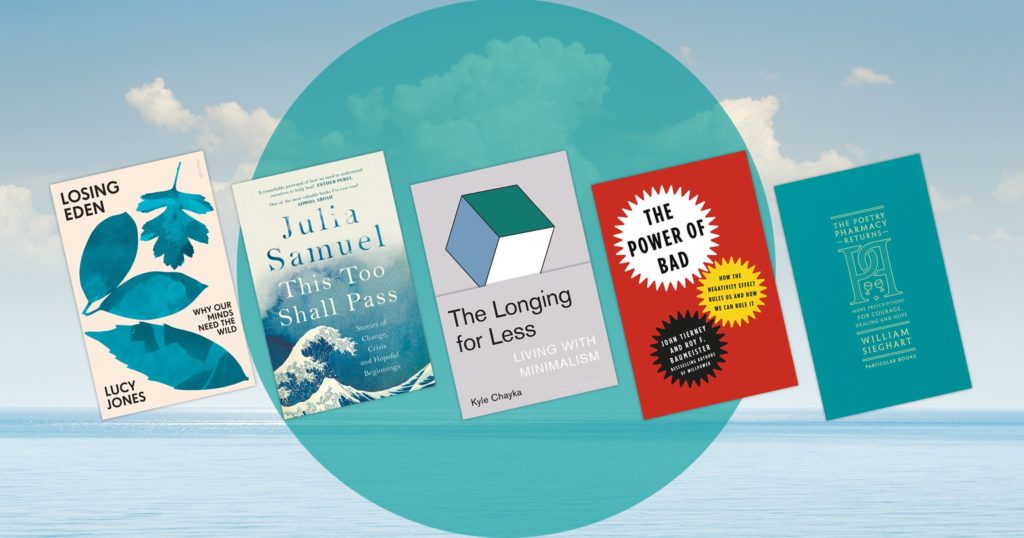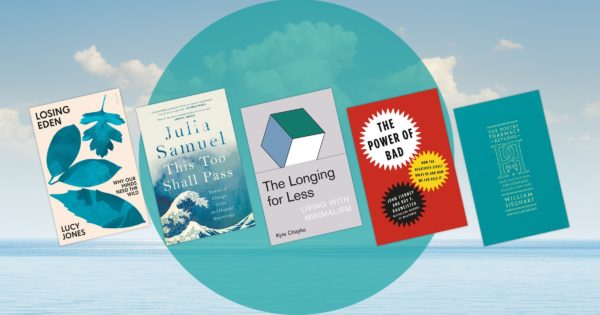
We’re not long into the new decade, and that can leave many of us looking for fresh starts and new beginnings – especially where our mental health is concerned.
The deluge of books that promise to heal, fix and make us mentally indestructible can be overwhelming.
So we’ve selected five of the best recent and upcoming releases that will leave you feeling a little lighter.
While we can’t promise any of these books will treat you (in fact, please don’t rely on us!), we can guarantee they’ll give you a fresh perspective.
Losing Eden, by Lucy Jones, Allen Lane
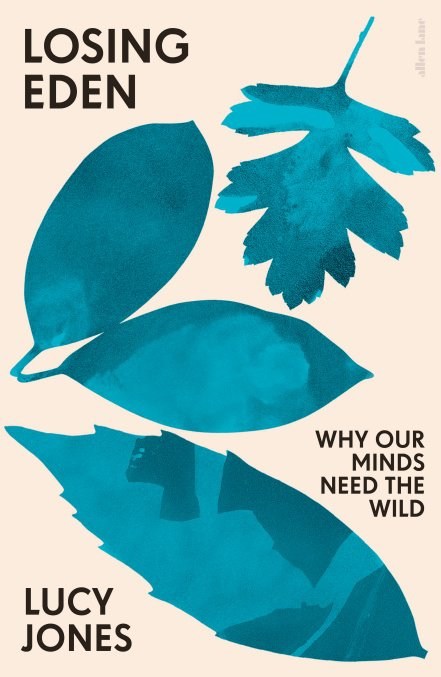
For the majority of us that live in urban centres, city life is hard.
Advertisement
Advertisement
The pace of life is relentless, renting is a never ending crapshoot and you can go weeks without hearing a bird squawk or a squirrel run – it’s no wonder our mental health is in tatters.
It’s that last point, the lack of nature, that journalist Lucy Jones thinks has something to answer for.
In her book Losing Eden, Jones tells of her own mental health struggles living in a big city and how she healed by getting back to nature.
But don’t take her word for it, take the countless studies she cites and endless evidence that researchers have uncovered of nature being a very, very good thing for our minds.
Did you know that patients that can see a tree out of their window will recover more quickly and require less antibiotics? That babies will try and eat soil because they know it contains so many beneficial nutrients and good bacteria? Or that Japan has a long established tradition of Shirin Yoku, or forest bathing, that is prescribed by doctors to help heal patients?
The evidence is so convincing, and Jones’ prose so rich with feeling, that you’ll feel like you’re lying on the forest floor itself.
This Too Shall Pass by Julia Samuel, Penguin Life (published 5th March)
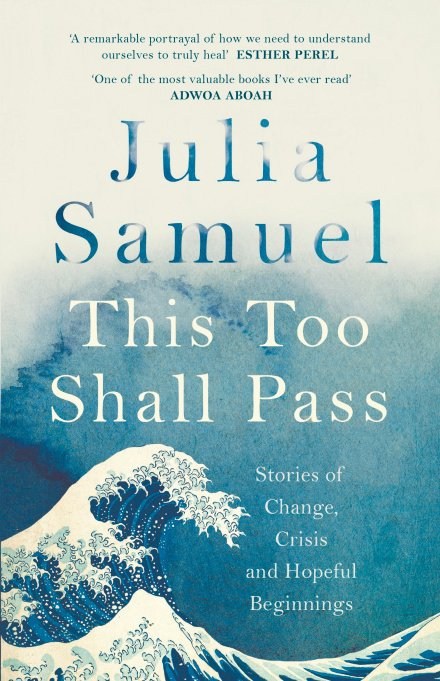
Sometimes hearing how others have recovered from crises can be the best way to learn.
Julia Samuel is an acclaimed psychotherapist who has been helping patients for decades, so she knows a thing or two about mental health.
Advertisement
Advertisement
Divided into broad themes like Love, Family, Health and Work, in This Too Shall Pass Samuel uses the stories of her own patients to illuminate and reassure that not only are the worst crises temporary, but no case is a lost cause.
Samuel clearly cares about her patients a great deal, and she lets the reader in to her own emotions of worry, doubt and anxiety as she listens to her patients’ worries.
It’s this vulnerability and candor that makes the book a comforting and enlightening read – and one whose lessons you’re not likely to forget in a hurry.
Though you’ll likely try and attach yourself to the patients that are most like yourself, it’s the ones who are most different that resonate, like the widowed teacher feeling desperately alone, or the stressed out new mother feeling completely overwhelmed.
If you’re looking for comfort in the presence of wise and caring strangers, then this is the book for you.
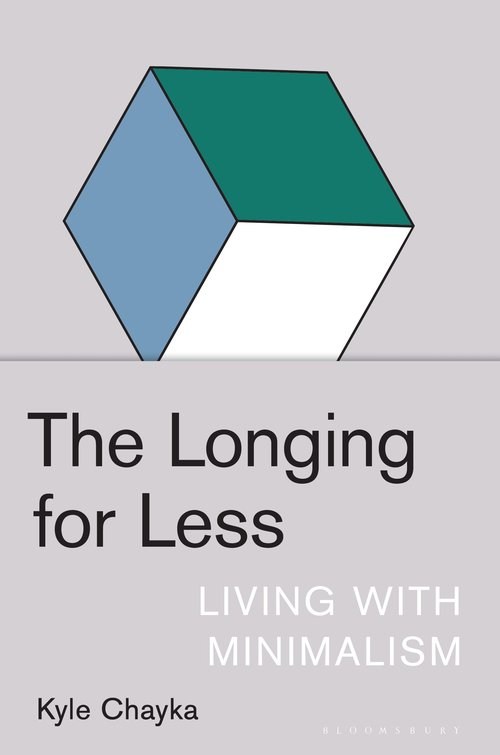
Though the title may suggest otherwise, this isn’t your bog standard self-help book on why Marie Kondo-ing your sock draw will bring you inner peace.
This book does away all the definitions of minimalism that have become popular and goes right back to basics.
Part art history, part philosophical investigation and part personal journey, Kyle Chayka traverses the globe in search of the roots of minimalism’s current cultural supremacy.
Advertisement
Picking apart the ways in which ‘minimalist’ was first used, with respect to art and music, Chayka retraces the steps and revisits the lesser known birthplaces of modern minimalism.
In Japan, Chayka stays in a centuries-old Kyoto, tracing the country’s history through Zen buddhism and the Heian-era mono no aware, an awareness of impermanence.
Aside from the beautifully described minimalist art, music and sculpture, reading the book itself is a calming experience, with its slate-grey, geometric cover and austere, elegant font.
If previous attempts at decluttering your mind, body and soul have proved fruitless, this might just show you why.
The Power of Bad by John Tierney & Roy F. Baumeister
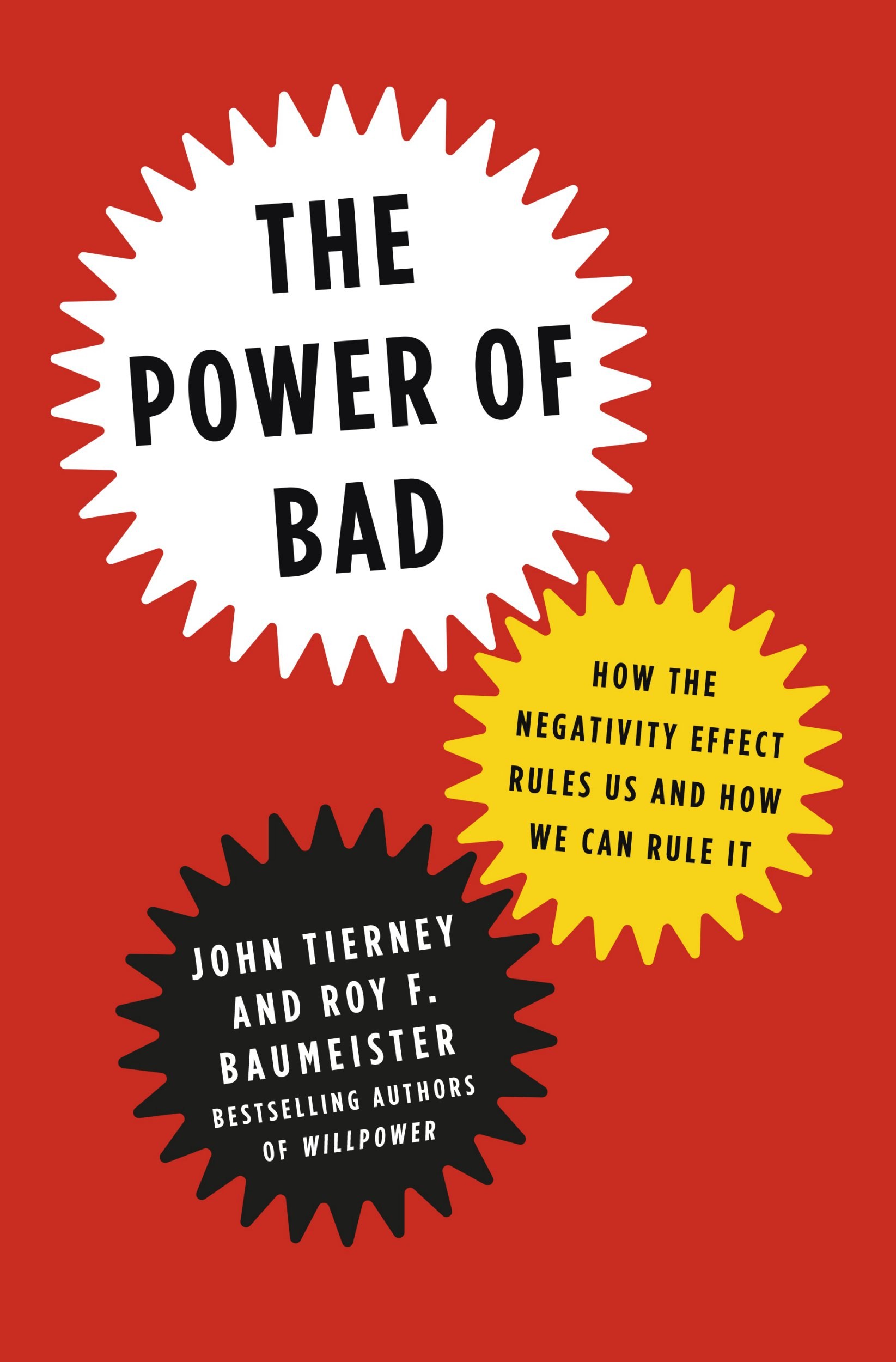
Ever wondered why there are more words for bad things than good, or why the news seems to be a never ending torrent of horrific stories?
Or even why you can remember, in crystal clear detail, where you were when you found out devastating news, but not when you found out something joyful?
Tierney and Baumeister pull back the curtain on these strange phenomena, and use decades of research to reveal what some psychologists have long known – bad is more powerful than good.
This isn’t a book about some Star Wars power struggle, but a look at how the brain favours bad events over good ones.
There are tidy, useful tricks that the authors suggest – like how four good things are often needed to overcome one bad thing.
Advertisement
But there are more meaningful meditations, too, like how remembering that we are biased toward bad can change your life.
Remember Felix Baumgartner, who jumped to Earth from a stratospheric weather balloon? He knew he was putting the bad parts of the jump above the good, and it freaked him out.
But by putting into practice the lessons that Baumeister and Tierney sketch out in the Power of Bad, he managed to put his worries to rest.
If you’re looking for practical, evidence-based advice on how to give bad a little less prominence in your head, then this is the book for you.
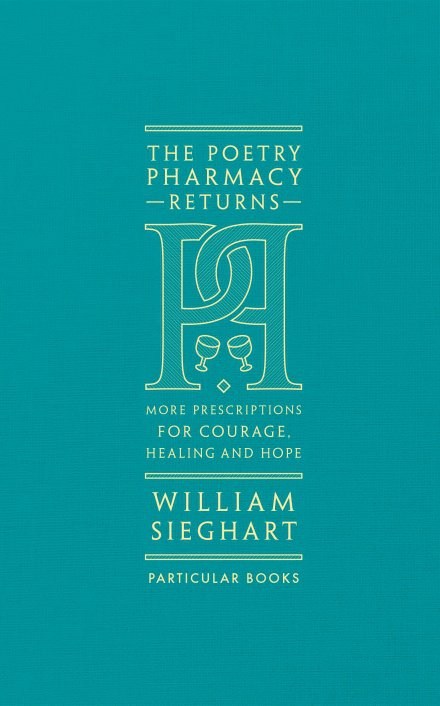
When William Sieghart held pretend doctor’s appointments at literary festivals, the prescribed medicine was poetry. Some people were moved to tears within minutes.
He realised that his poems and advice – on topics like loneliness, love, low self-esteem and lethargy – could help a much wider audience, and he published them in The Poetry Pharmacy.
The book received such a positive response, and hunger for tackling more topics from the public, that Sieghart felt compelled to produce a follow-up, The Poetry Pharmacy Returns.
Sieghart’s new book consists of poems just as delightful as his first, but also gorgeous poems from readers, too.
There are widely requested new topics – what it’s like to grow old, cutting yourself a little slovenly slack and how to have healthy long distance relationships – but the whimsy and comfort still remains.
Sieghart’s gift for giving complex problems perspective and providing solace with his little parcels of beauty remains as strong as ever.
When the going gets tough, carrying a gorgeous poem in your head is an excellent way to cope.
Have you seen any books around mental health released recently that you think we should review?
Email Alex.Wilkins@metro.co.uk for any requests.
Advertisement
Advertisement
